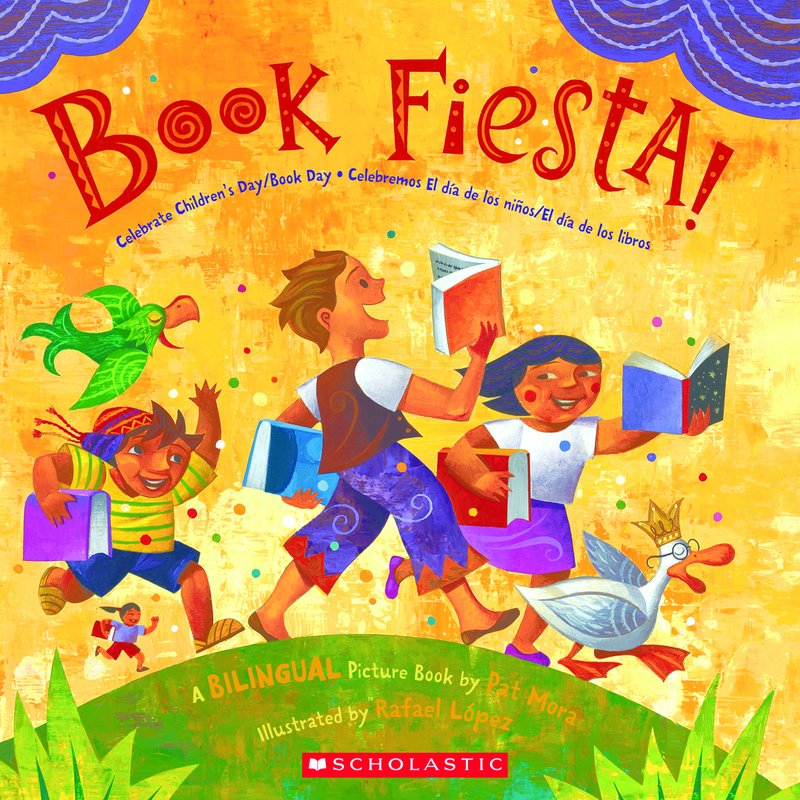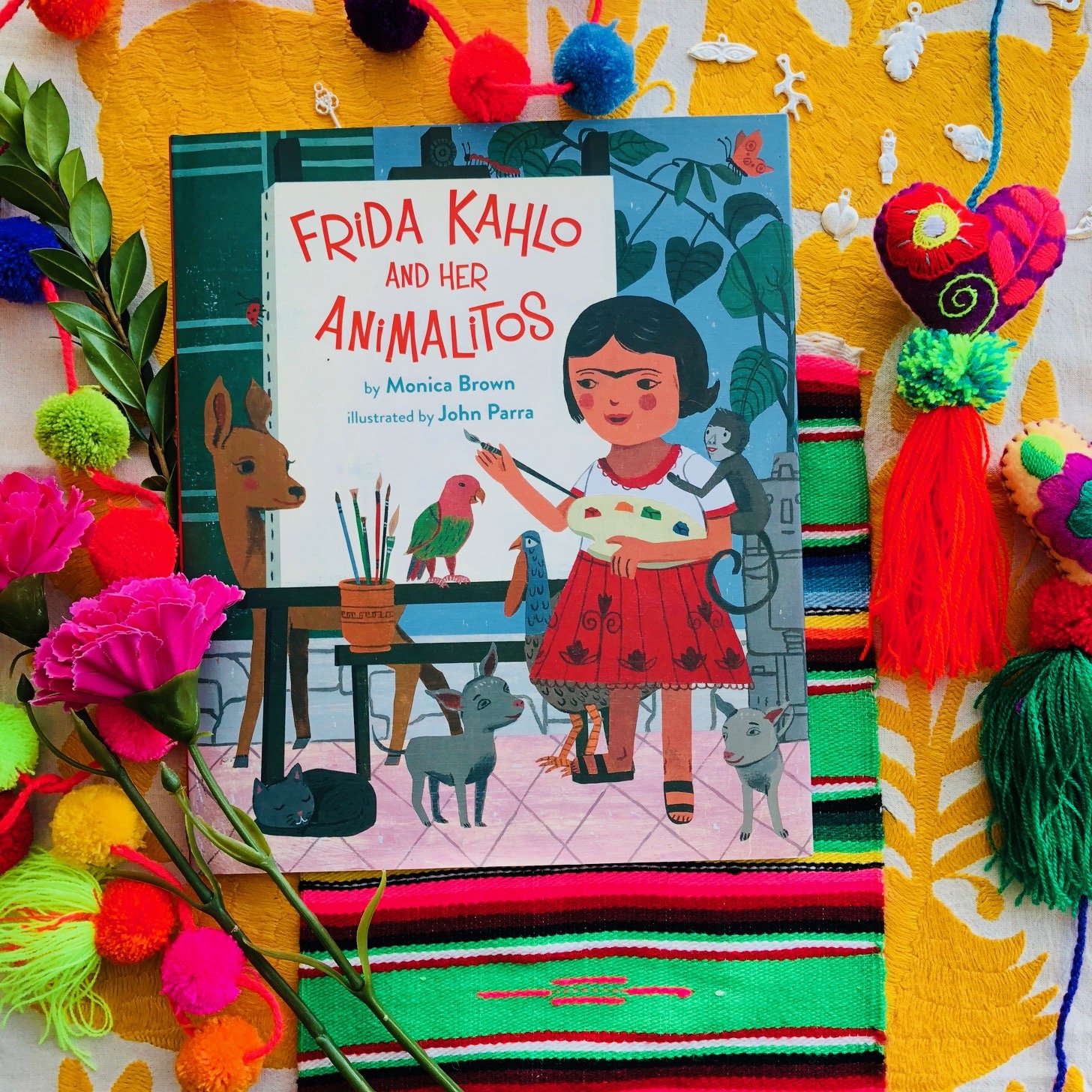Children's and Young Adult Materials in Spanish
When collecting materials for children, it is important that readers are able to see themselves represented in stories. Three important considerations for collection development around identity are exclusivity (whether it is important to include materials around groups not represented in the community), authority (who can and should write on a certain identiy), and stereotyping. Books should show multi-dimensional characters who may face common challenges of their Hispanic or undocumented identity, but are not reduced to stereotypes without agency or place in the world. Important considerations for representing Hispanic communities are authenticity in the way poverty, villages, and food are represented, and a balance of modern and traditional when place is important to the story. Bilingual or Spanish texts should be included. Religion is also an important part of most Hispanic cultures and should be represented accurately (Norris Blackson, 2015).
- The Barahona Collection by California State University contains an excellent list of children's and young adult titles, all available in Spanish.
- Nonfiction titles for children (via School Library Journal)
- The Pura Belpre Award is given yearly for juvenile books that portray the Latino experience.
- Schon, I. (2004). Reference Books in Spanish for Children and Adolescents. Booklist, 101(6), 612. Available through EBSCOHost with TCL login.
- El Día de los Niños, or Children's Day, is promoted by the ALSC with an annual list of recommended children's books, including Spanish.
- Essential Guide to Spanish Reading for Children and Young Adults

